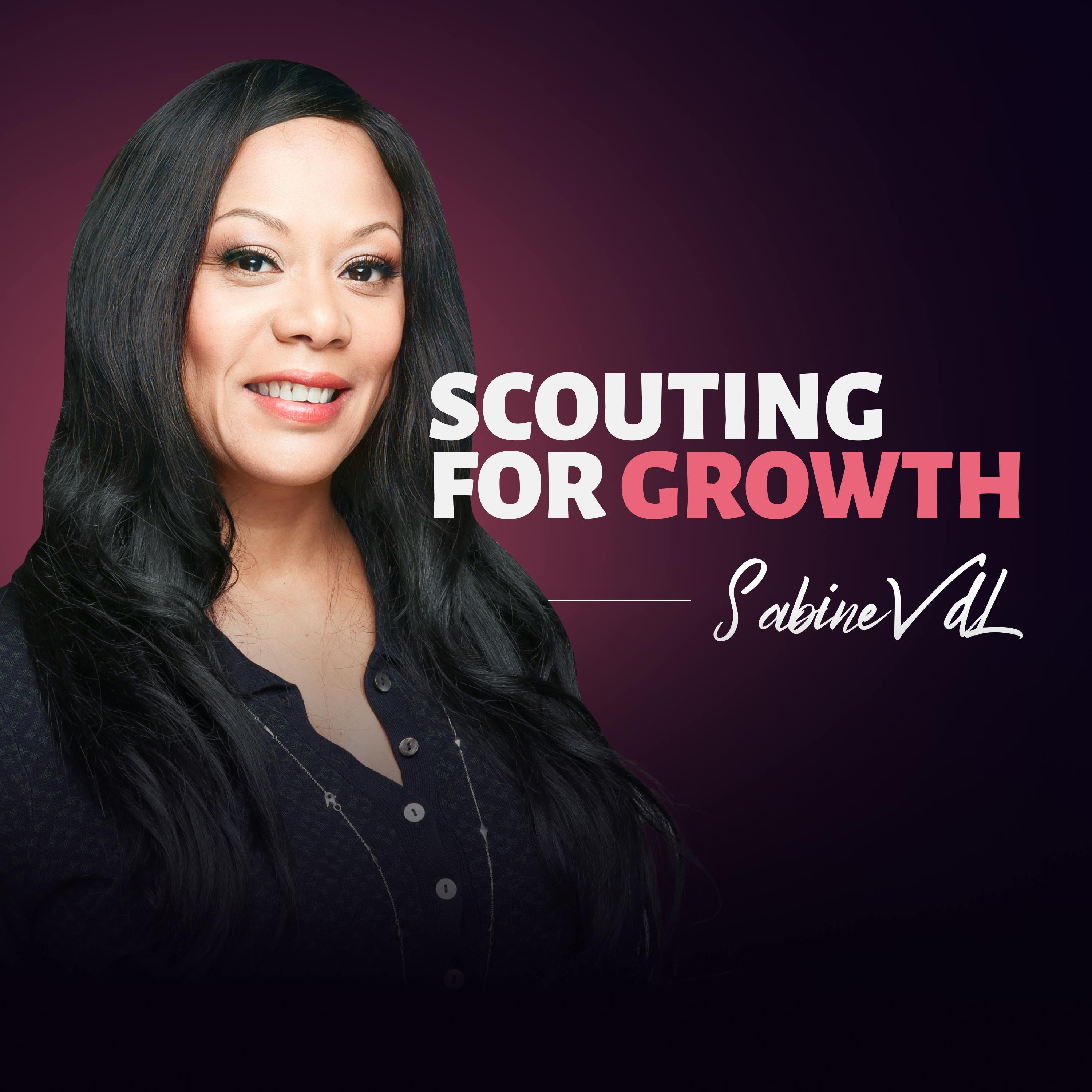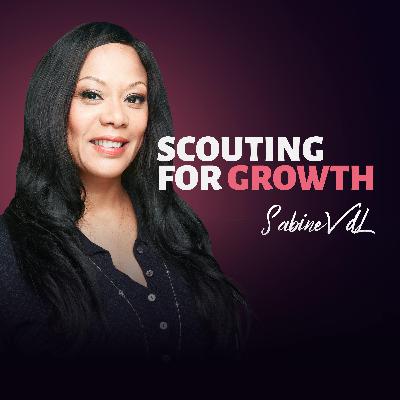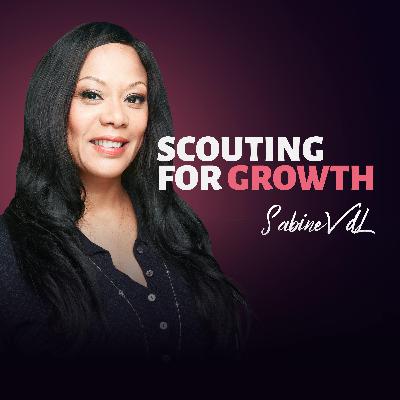On this episode of the Scouting For Growth podcast, Sabine VdL talks to Ulrich (Uli) Homann, Corporate Vice President, Microsoft, and Mark Luquire, EY Global Microsoft Alliance Co-innovation Leader, about how to build an agentic AI enterprise that doesn’t just work faster, but works smarter and, most importantly, works for everyone.
KEY TAKEAWAYS
In the past automation has been very task driven and specific, things had to go in a certain order and you needed to know that order ahead of time. While you need some of that with generative AI, we now have a system that can help do some of that thinking, so if things change in the process along the way, you can deal with it. Now you can rethink what processes even need to exist and focus on the outcome and how to get to it in a new way.
By giving everyone at EY access to generative AI a couple of years ago we learned that people were able to accomplish more more quickly. They used it as a thought-partner, used it as a way to fine tune the product they were working on. Being able to see the evolution of generative AI to now where it’s coding applications on its own almost, seeing the new agent capabilities and tools, and being able to take action on its own with very little prompting, it opens the doors to possibilities and what you’ll be able to do in the future.
BEST MOMENTS
‘Focus on where you want to be and then rethink how you’re going to get there, that’s the real key.’
‘It’s not just an assistant to you, providing you with information, it’s actually taking on work it’s actually thinking through and processing those things as well.’
ABOUT THE GUESTS
Ulrich (Uli) Homann is a Corporate Vice President & Distinguished Architect in the Cloud + AI business at Microsoft. As part of the senior engineering leadership team, he’s responsible for the customer-led innovation efforts across the cloud and enterprise platform portfolio. Previously Homann was the Chief Architect for Microsoft worldwide enterprise services, having formerly played a key role in the business’ newly formed Platforms, Technology and Strategy Group. Prior to joining Microsoft in 1991, he worked for several small consulting companies, where he designed and developed distributed systems and has spent most of his career using well-defined applications and architectures to simplify and streamline the development of business applications.
Mark Luquire leads the EY organization’s global efforts to co-develop innovative solutions with Microsoft and clients, driving growth and accelerating technology strategy. He oversees cross-functional teams spanning sectors and service lines, serving as a key liaison to Microsoft’s product and engineering teams.
Previously, Mark headed Platform Adoption for EY Global, leading enterprise-wide AI and cloud enablement, including integrating generative AI tools like EYQ, GitHub Copilot and Microsoft Copilot. He also created the first EY Global DevOps Practice and led cloud transformation efforts, making EY a leader in Microsoft Azure usage. Mark’s career includes leadership roles in large healthcare enterprises and technology startups, where he established scalable operations, spearheaded digital transformation, and built high-performing global teams.
ABOUT THE HOST
Sabine is a corporate strategist turned entrepreneur. She is the CEO and Managing Partner of Alchemy Crew a venture lab that accelerates the curation, validation, & commercialization of new tech business models. Sabine is renowned within the insurance sector for building some of the most renowned tech startup accelerators around the world working with over 30 corporate insurers, accelerated over 100 startup ventures. Sabine is the co-editor of the bestseller The INSURTECH Book, a top 50 Women in Tech, a FinTech and InsurTech Influencer, an investor & multi-award winner.
Twitter
LinkedIn
Instagram
Facebook
TikTok
Email
Website
This Podcast has been brought to you by Disruptive Media. https://disruptivemedia.co.uk/





















Listening to discussions like Danny Nathan’s on driving innovation and growth shows how important it is to pair progress with strong awareness of seguridad on the roads. Platforms such as https://senalesdetraficoinfo.es/ make it easier for drivers and learners to understand traffic signs and safety rules clearly. This balance of innovation with safety education is what ensures real, lasting impact in daily life.
I liked how you framed “Scouting for Growth” around the idea of looking ahead with strategy rather than just chasing quick wins—it really highlights the importance of patience and vision in building something sustainable. It reminded me of how in the digital world, we also need to “scout” for red flags, since *estafas Bizum* often target people who rush into things without checking the details. When you think about growth, do you focus more on steady long-term planning or experimenting with bold short-term moves? https://estafasbizum.es/
good to listen . chec out for digital marketing Digital Marketing Strategist in Malappuram https://basilsaman.com/